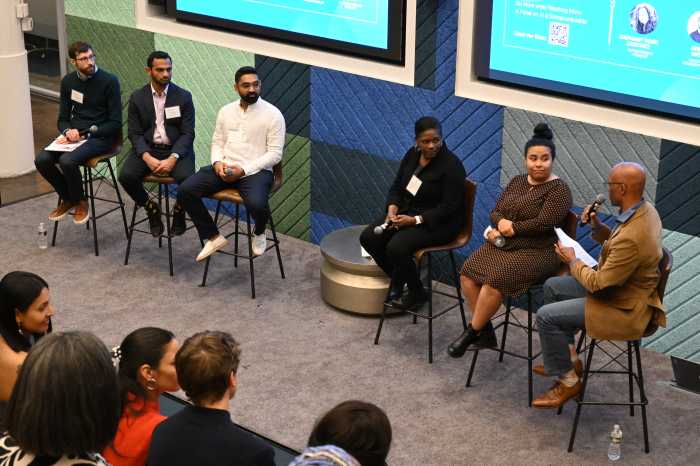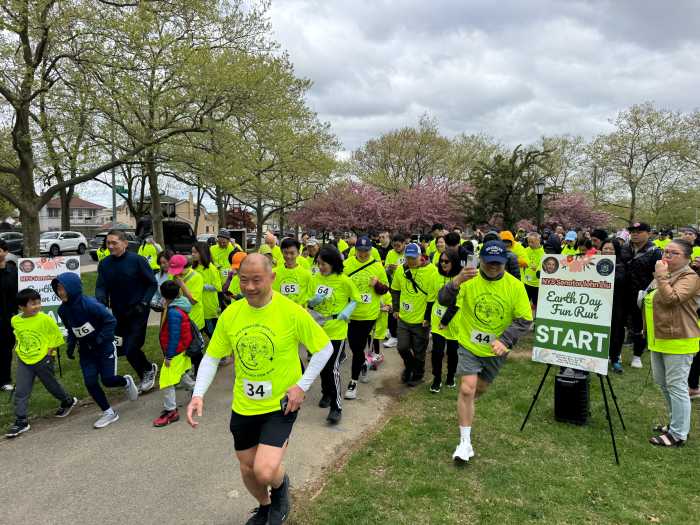In continuing its draconian immigration policies, the Donald J. Trump’s administration in the United States is giving immigration and consular officials new grounds to deny entry to visitors from the Caribbean and other places or to deport them if they are already in the United States.
In a cable to American embassies around the world, United States Secretary of State Rex W. Tillerson wrote that visitors who require a visa before entering the United States must then follow through on their stated plans for at least three months, according to the New York Times.
If in that period, they do something they failed to mention in an interview with a consular official — such as marry an American citizen, go to school or get a job — it will be presumed that they have deliberately lied, reported the Times on Monday.
It said that would make it difficult, if not impossible, for them to renew a visa, get a new one or change their status.
Additionally, if visitors were still in the United States, they would be eligible for deportation, the Times said.
Changes of plans that occur after three months may still be problematic but are not presumed to be the result of “willful misrepresentation,” the cable said, according to the Times.
It said that, under previous rules, a change in plans was deemed to be misrepresentation only for the first month after arrival in the United States.
“If someone comes to the U.S. as a tourist, falls in love and gets married within 90 days and then applies for a green card, this means the application would be denied,” said Diane Rish, the associate director of government relations at the American Immigration Lawyers Association. “This is a significant policy change.”
In 2016, the United States issued more than 10 million visas, helping to support a large tourism industry, the Times said.
But it said the new rule does not generally apply to citizens of 38 countries — including most of Europe and longstanding allies like Australia, New Zealand and Japan — who do not need a visa or an explicit travel, business or educational plan before coming to the United States.
Travelers from six predominantly Muslim countries who have been banned from entry to the United States under an order that the Supreme Court partially allowed to go into effect in June would not be affected since they cannot receive a visa under almost any circumstances, the Times said.
It said the new rules are part of a “broad push” by the Trump administration to crack down not only on illegal immigration but also to tighten restrictions on legal immigration.
Earlier this month, Trump moved to end an Obama-era program shielding from deportation about 800,000 young adults, including Caribbean nationals, brought to the United States illegally as children, calling on the United States Congress to find a way to continue it.
Meantime, the Trump administration is contemplating closing the recently reopened United States Embassy in Havana after 21 Americans associated with the embassy experienced a host of unexplained health problems, the Times said.
Tillerson said during an appearance on CBS’s “Face the Nation” on Sunday that such a closing was “under evaluation.”
“It’s a very serious issue with respect to the harm that certain individuals have suffered,” he said. “We’ve brought some of those people home. It’s under review.”
While the Trump administration has already reversed significant pieces of what the president has called a “terrible and misguided deal” with Cuba that was struck during the Obama administration, the closing the embassy would be the most dramatic action yet to return the relationship to its Cold War deep freeze, the Times noted.
It said the American Foreign Service Association reported this month that the symptoms among those affected included mild traumatic brain injury, permanent hearing loss, loss of balance, severe headaches and brain swelling.
While noting that Cuba is responsible for protecting the health of diplomats posted to the country, State Department officials have yet to suggest that the Cuban government was behind the attacks, the Times said.
It said the Cuban government even offered to let the FBI go to Havana and investigate, a rare level of openness that suggested to some American officials that the Cuban government was equally baffled about the cause.
American and Cuban officials met in Washington on Friday as part of a continuing law enforcement dialogue, and the subject of the attacks was raised, according to the State Department.
“It is an aggressive investigation that continues, and we will continue doing this until we find out who or what is responsible for this,” said Heather Nauert, a State Department spokeswoman.























